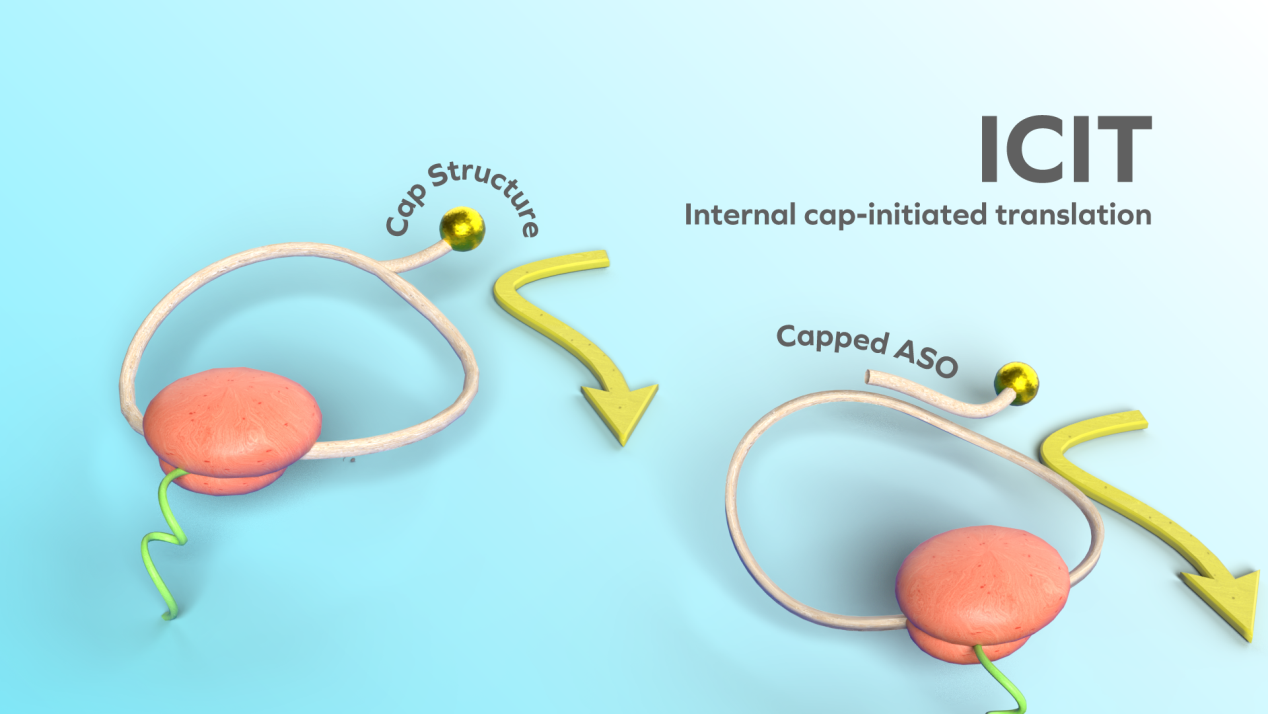A research team from Nagoya University in Japan has published a groundbreaking study in the latest issue of the journal *Nature Biotechnology*, introducing an innovative mechanism called "Internal Cap-Initiated Translation" (ICIT). This mechanism enables mRNA, which appears to be "capped," to produce over 200 times more proteins, offering new insights for treating cancer and diseases caused by abnormal protein synthesis. This achievement represents a revolutionary advancement in mRNA medicine and also reveals the potential for regulating the translation process through interactions between long non-coding RNAs and mRNAs. It foreshadows the development of numerous new therapeutic approaches based on this mechanism in the future.

Compared to traditional linear mRNA, circular mRNA is regarded as a promising candidate for next-generation mRNA therapies due to its stability and reduced inflammatory response. However, the low translation efficiency of circular mRNA in vivo has been a major obstacle to its widespread application.
The research team has successfully overcome this challenge by introducing an internal cap structure into circular mRNA. This structure bypasses the need for long internal ribosome entry site (IRES) sequences, significantly enhancing protein synthesis efficiency. Experimental results show that the amount of protein synthesized using this method is 200 times higher than that produced by circular mRNA with IRES sequences, and it remains effective for a longer duration, even after traditional mRNA structures begin to degrade.
To validate its efficacy, the team also designed a circular RNA targeting liver cancer cells. The experimental results demonstrated that this method could effectively distinguish cancer cells from normal cells and induce the synthesis of large amounts of specific proteins in cancer cells. This lays the foundation for further development of selective targeted therapies with minimal side effects.
This technology holds immense potential for developing precision medical treatments, including antibody therapies, genome editing, and protein replacement therapies. In particular, for diseases caused by abnormal protein synthesis, such as Duchenne muscular dystrophy, this new technology offers a more stable and long-lasting solution. Additionally, the ICIT mechanism enables the control of protein translation at the single-cell level, opening new avenues for the treatment of cancer and other tissue-specific diseases.
|
|
https://news.sciencenet.cn/htmlnews/2025/2/539360.shtm
|









